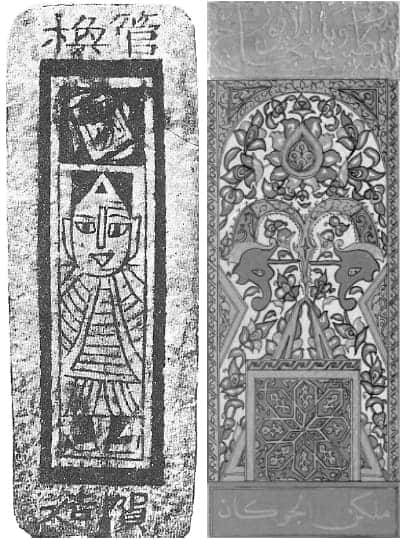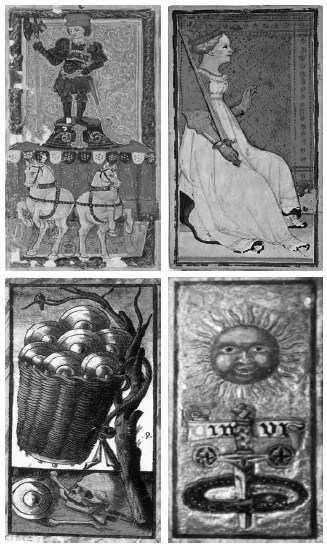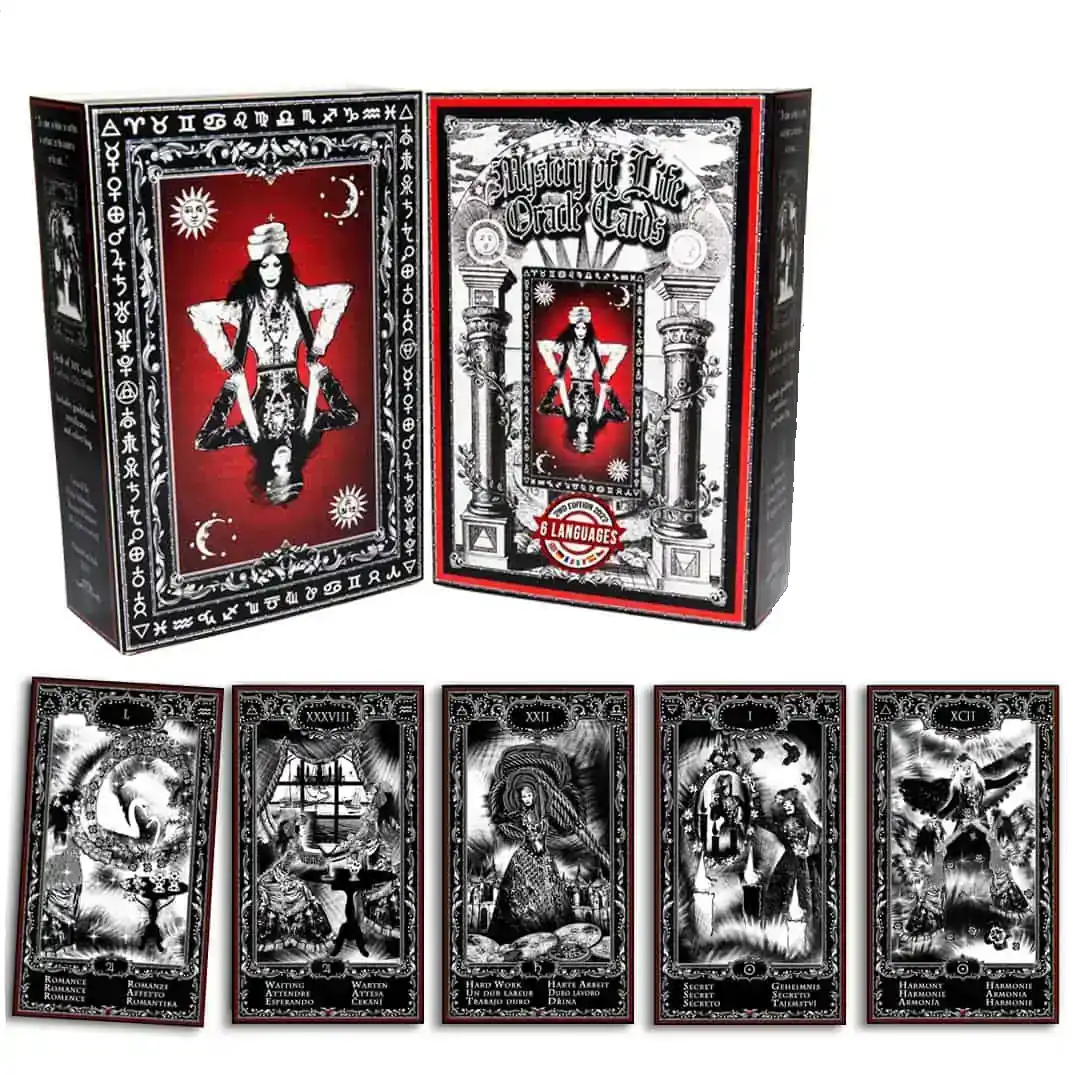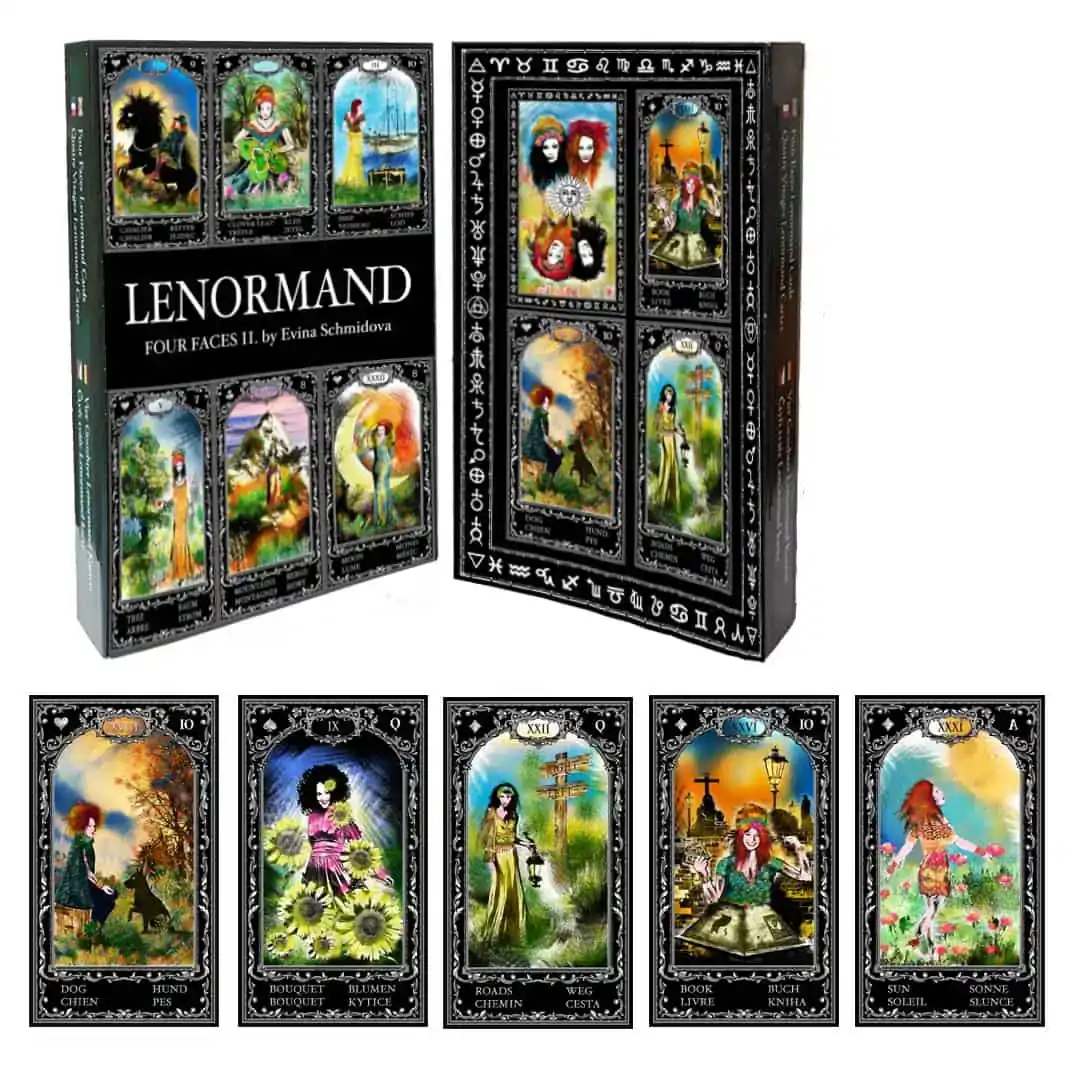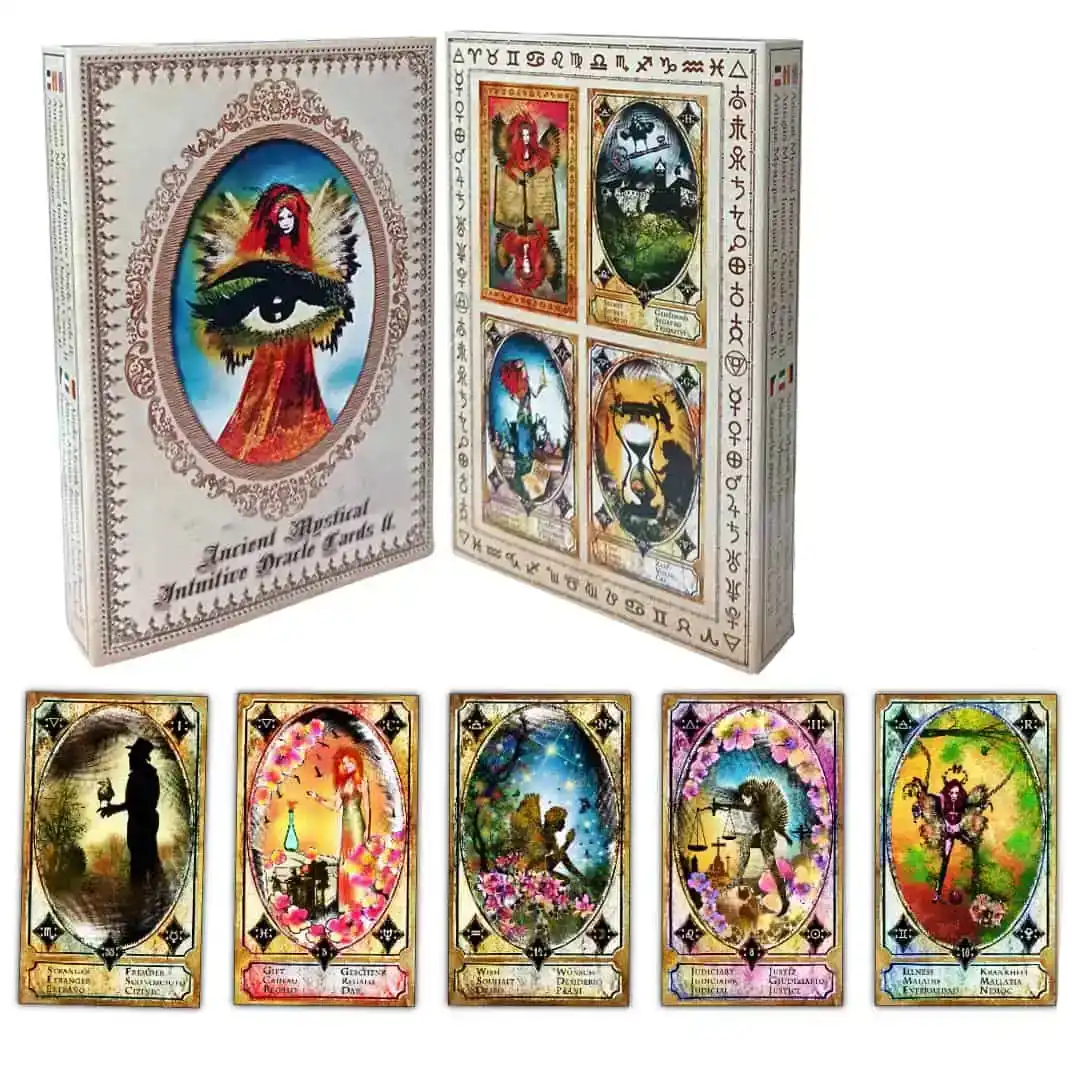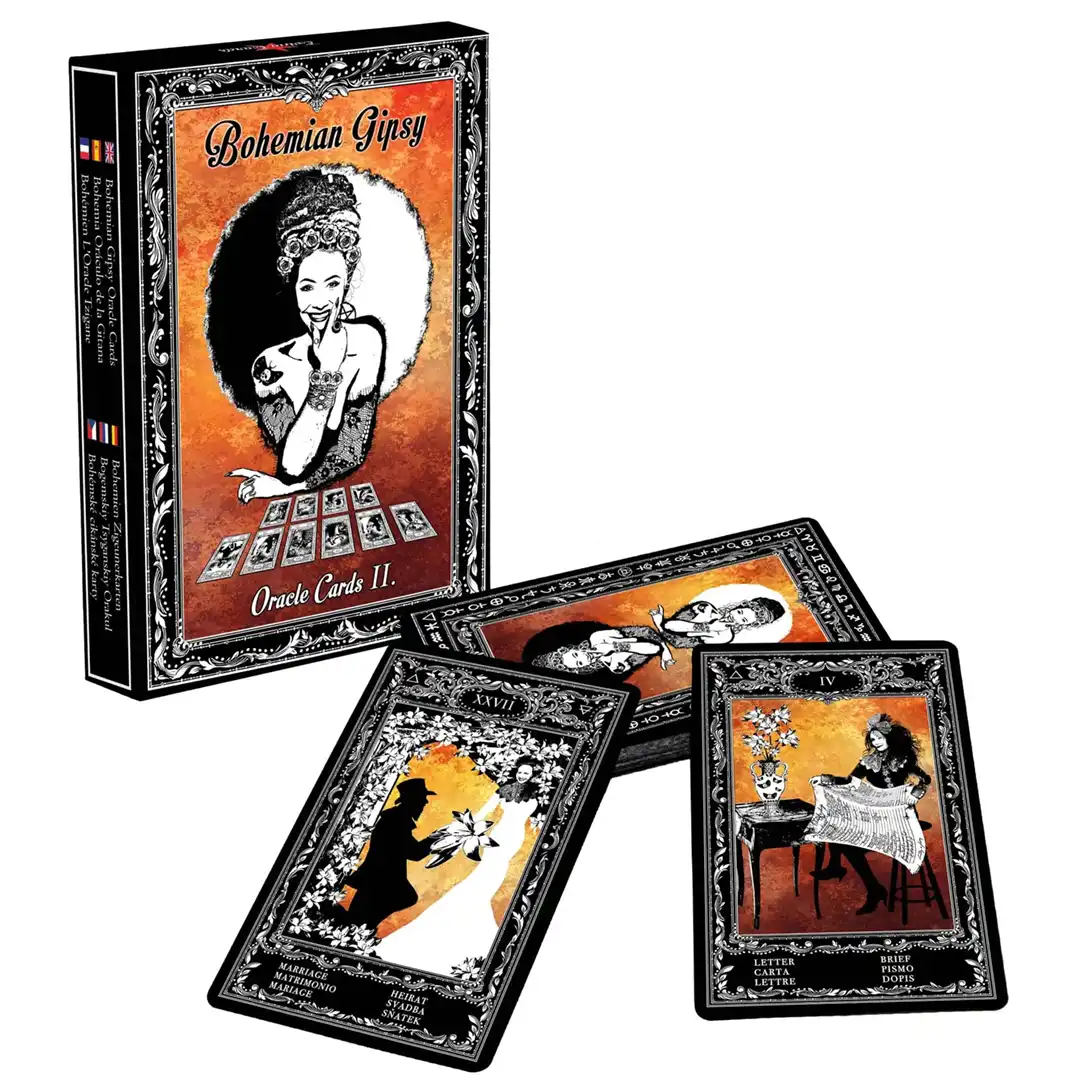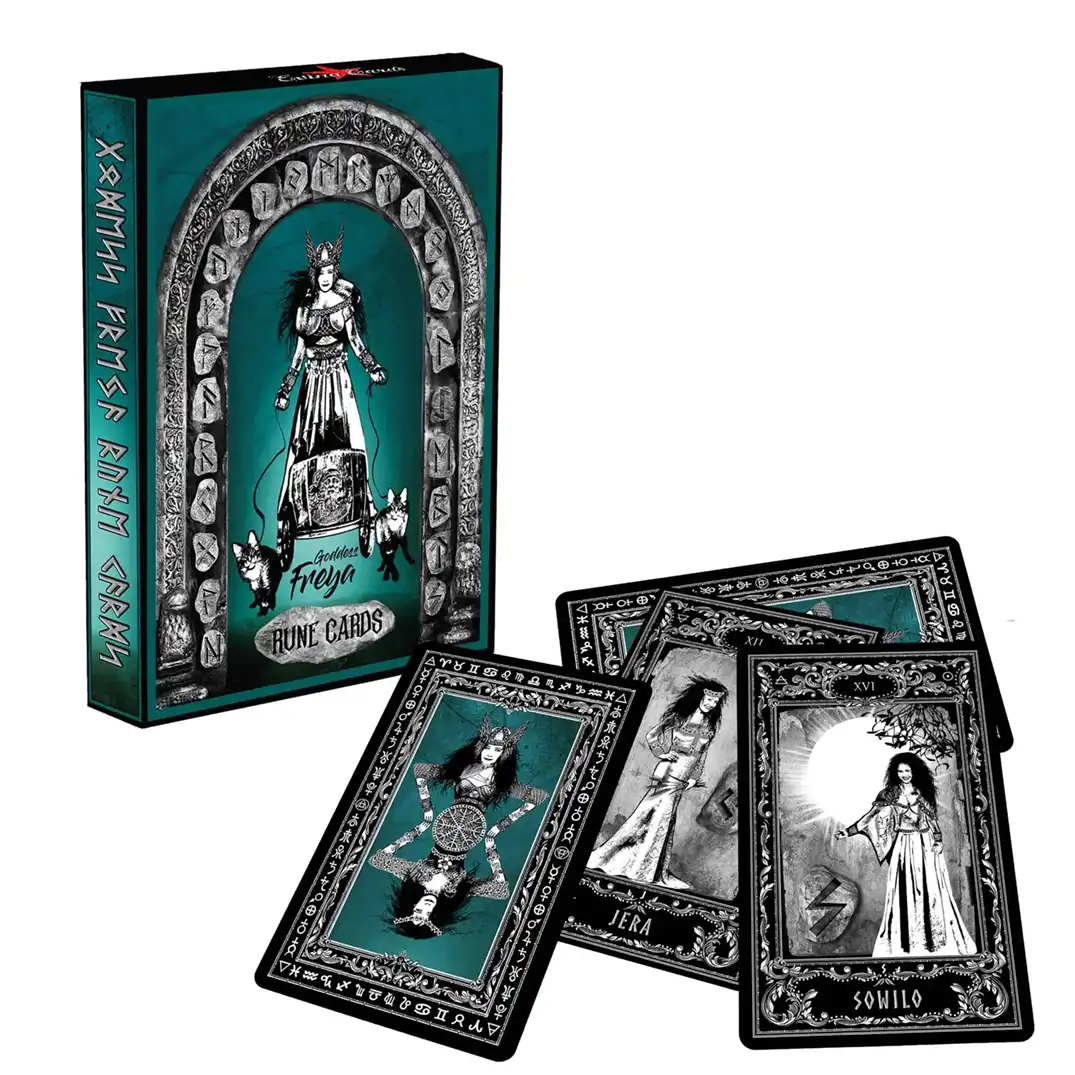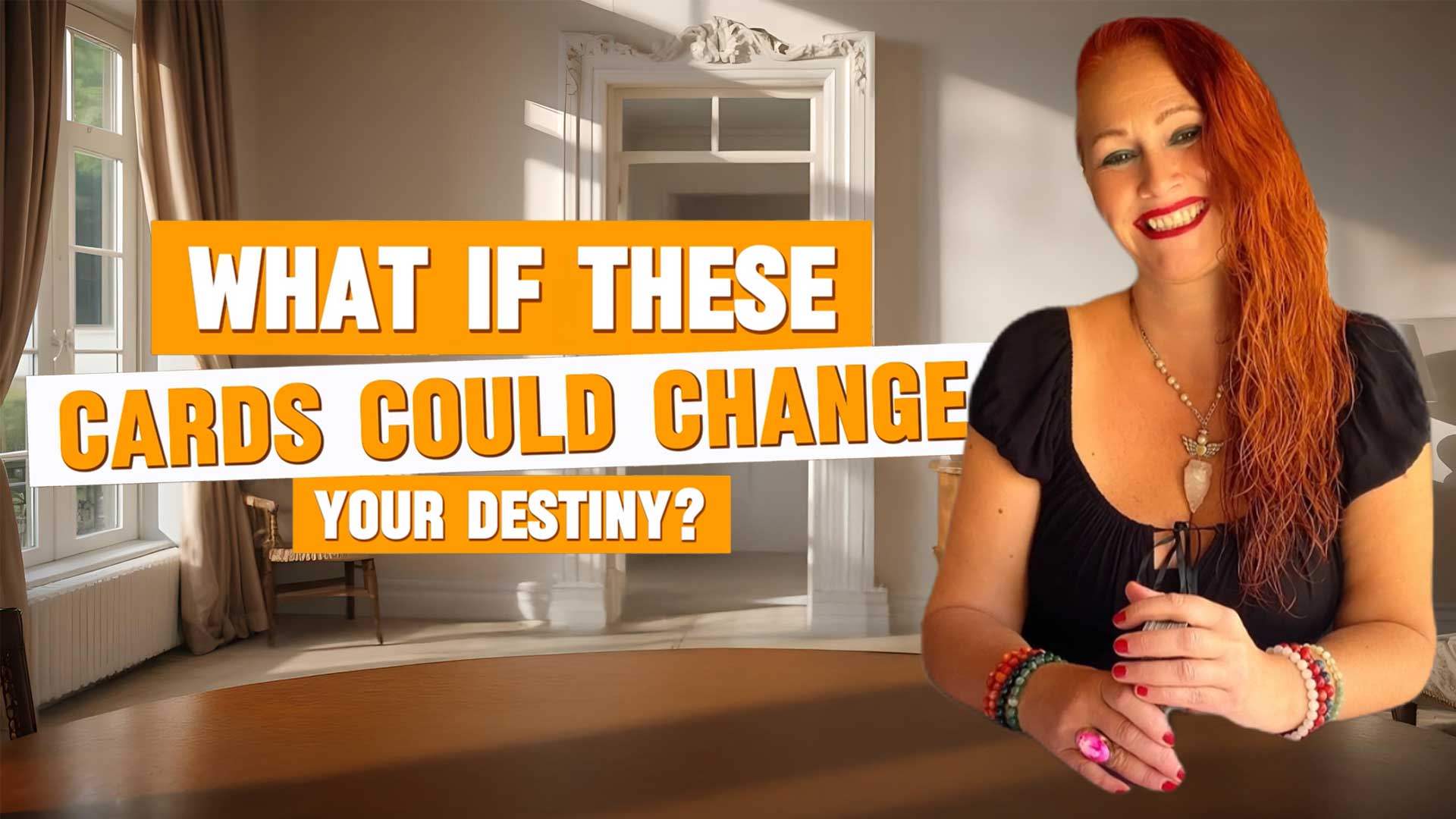
Evina Schmidova is author of oracle decks, psychic reader and painter. She has published seven decks of oracle cards by 2024. She has worked in mystical Prague, Oslo, and London. She now lives and studies astrological systems and indigenous divination traditions in Central and Latin America.
She created the largest deck of oracle cards with 101 cards in six languages, “The Secret of Life | The Story of the Soul.” Since 2025, Eva Schmidova’s divination cards have been part of one of the most important and valuable European collections of divination cards, which consists of the rarest medieval tarot and oracle cards.
The pictures are beautiful and wonderful. The deck has a lot of cards, but it is easy to shuffle. You can do the reading without the manual. — Kahori Kotou, Japan
INTUITIVE ORACLE DECKS
The evolution of divination: Instant understanding without complicated rules
Cards that speak for you
"The meaning is right there in the illustration - all it takes is a glance. Quick as a thought, deep as your intuition."
You'll rapidly develop confidence
"No doubts or reliance on authority - you are the authority. You don't have to look up the meanings of hundreds of interpretations in books."
Clients come back because your interpretations are accurate
"The cards grow with you - the more you use them, the more connected you are."
WORLDWIDE SHIPPING
FREE RETURNS
LIMITED EDITION
The Mystery of Life | The Story of the Soul
101 Intuitive Oracle Decks: English, German, French, Spanish, Italian, Czech

Lenormand Four Faces Cards II.
Lenormand Oracle Decks: English, German, French, Czech

Ancient Mystical Intuitive Oracle Cards II.
40 Intuitive Oracle Decks: English, German, French, Spanish, Italian, Czech

Bohemian Gipsy Oracle Cards II.
Gypsy Cards: English, German, French, Spanish, Russian, Czech

Magic Lenormand Cards
Lenormand Decks: English, German, French, Czech * 220 YEARS ANNIVERSARY *

Goddess Freya Rune Cards
Rune Cards: Old Futhark

Bohemian Gipsy Oracle Cards I.
Gypsy Cards: English, German, French, Spanish, Russian, Czech

Ancient Mystical Intuitive Oracle Cards I.
40 Intuitive Oracle Decks: English, German, French, Spanish, Italian, Czech

Lenormand Four Faces Cards I.
Lenormand Cards: English, German, French, Czech

Oracle Decks Cards
To make playing cards, paper was needed, among other things. The first paper was made in China in 105 A.D. The Chinese understood its importance, and so kept its manufacture a closely guarded secret. In 751, at the battle of Samarkand, the Arabs took prisoner several Chinese master papermakers, who in time taught them to make it. During the ninth to eleventh centuries, the Arabs brought papermaking to Italy via Sicily.
It is assumed that playing cards originated in China, and subsequently spread along trading routes to India and Persia. As early as 969 A.D., Emperor Muzong of the Liao dynasty is said to have played domino cards with his wives. But these cards looked completely different. They were long, like a domino. The Chinese dictionary Zhengzitong states that playing cards were invented in China in the year 1120, while another Chinese historical source speaks of the year 1294.
Oracle decks in Europe
What is certain is that they did not arrive in Europe directly from China. Card games were evidently brought to Europe by the Arabs during the second half of the fourteenth century via Italy and Spain. These were probably Mamluk playing cards, popular in Egypt, which was ruled by the Mamluks.
The Arabs had transformed Chinese playing cards to suit their needs, and Europeans then adapted the Arabic cards to suit theirs.
